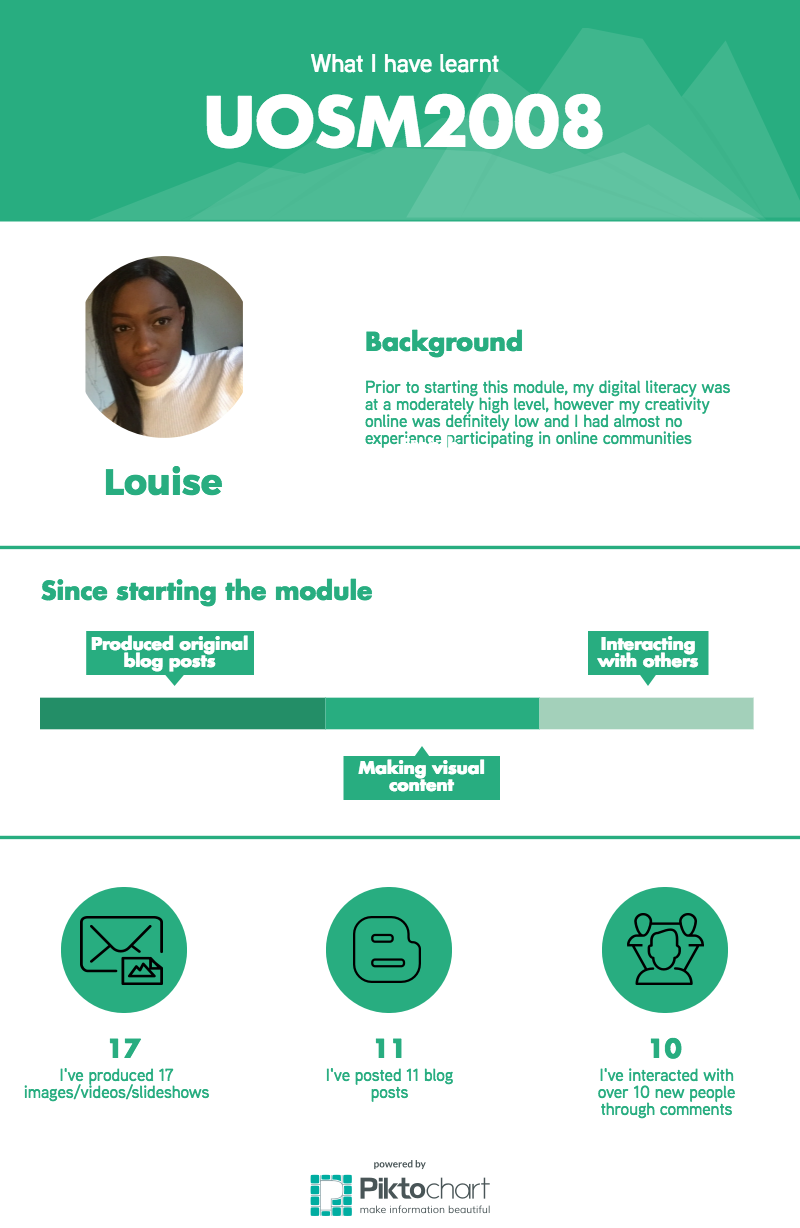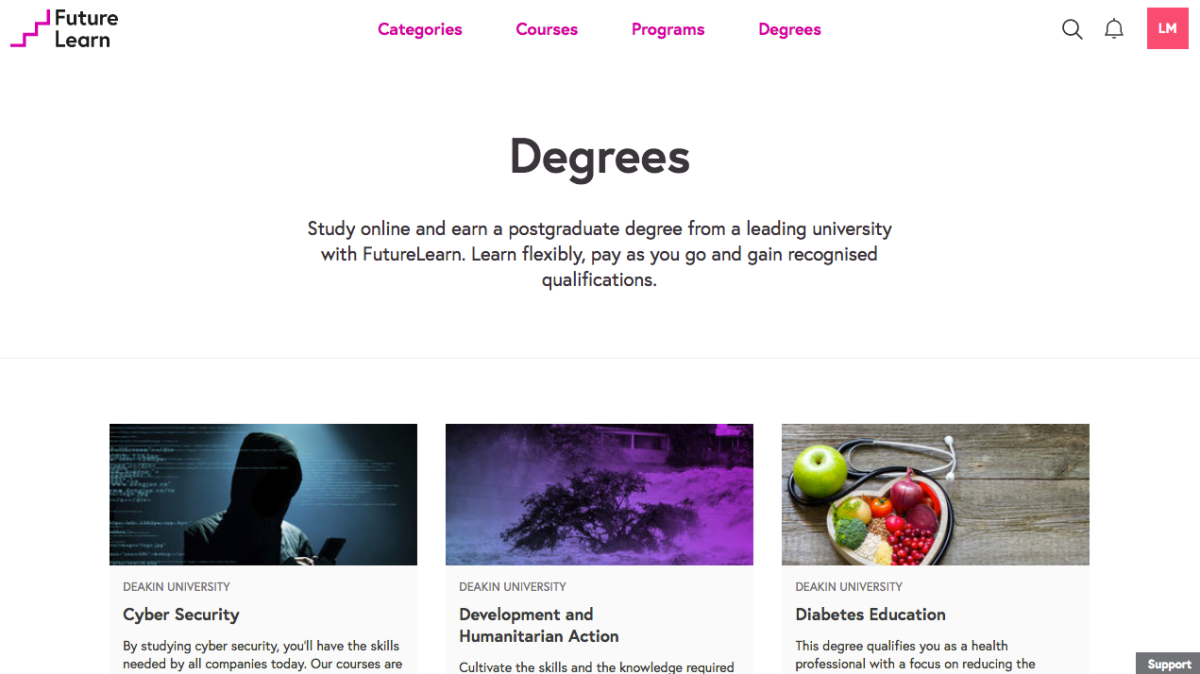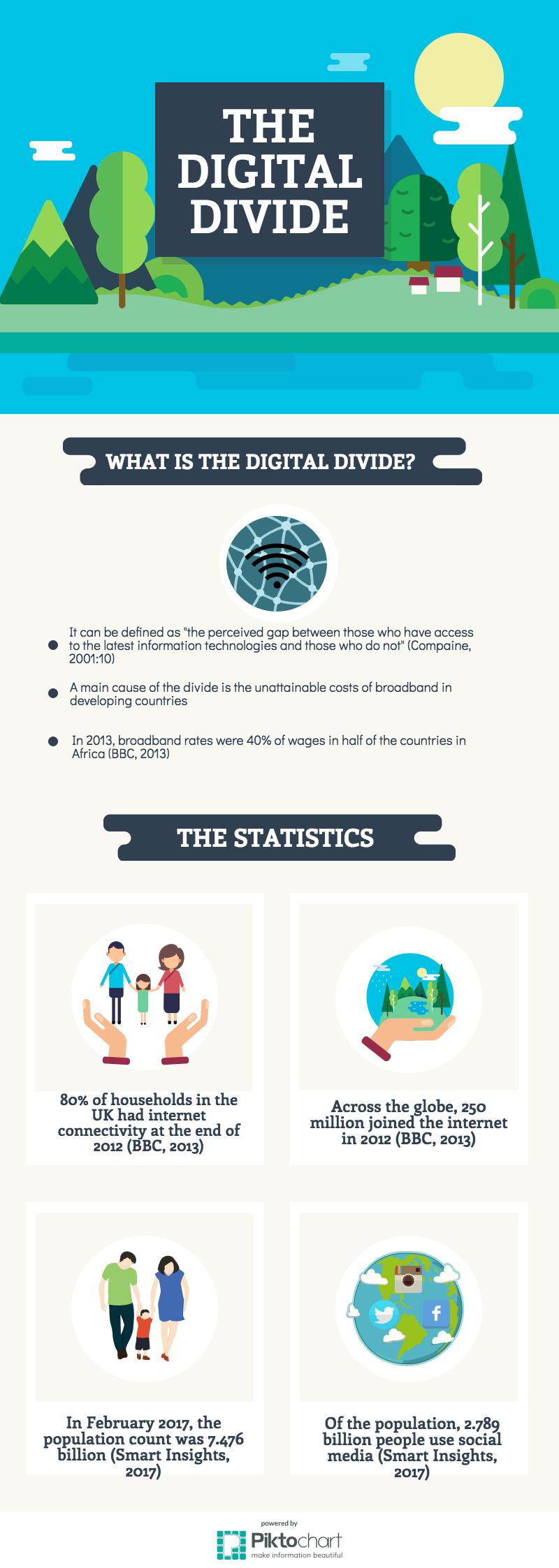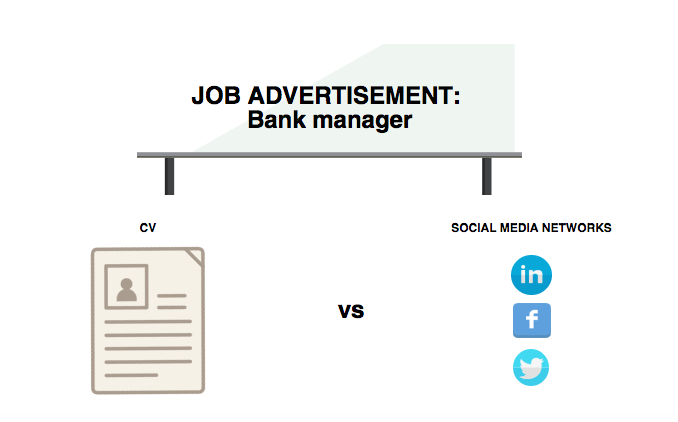
My Final Reflection
Rating at start of module
Rating at end of module
Comments
Accessing, managing and evaluating online information
3
4
This module as well as other modules this semester have helped me to find new websites to access materials e.g.` scoop.
Continue reading →










